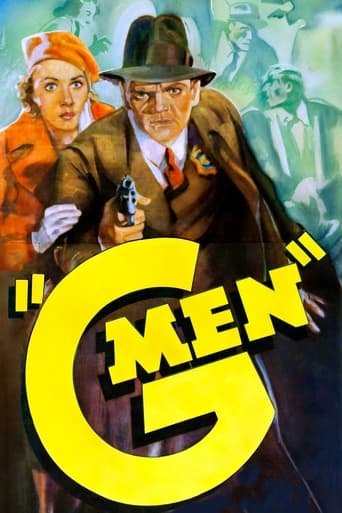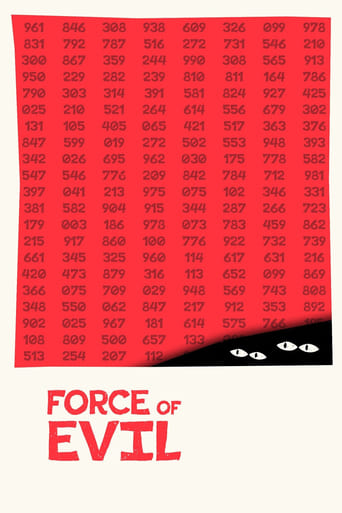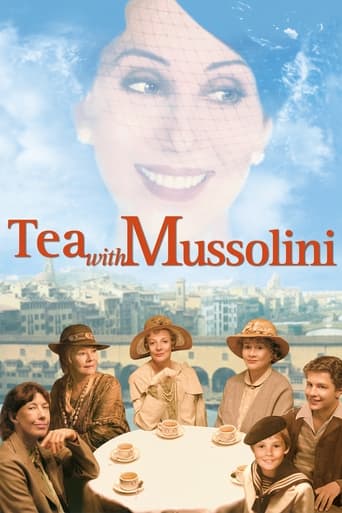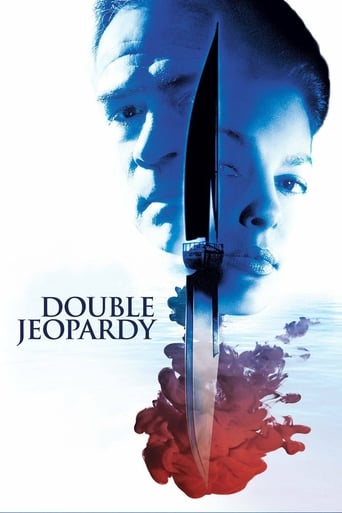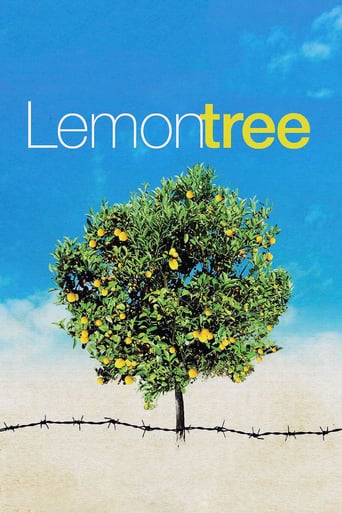
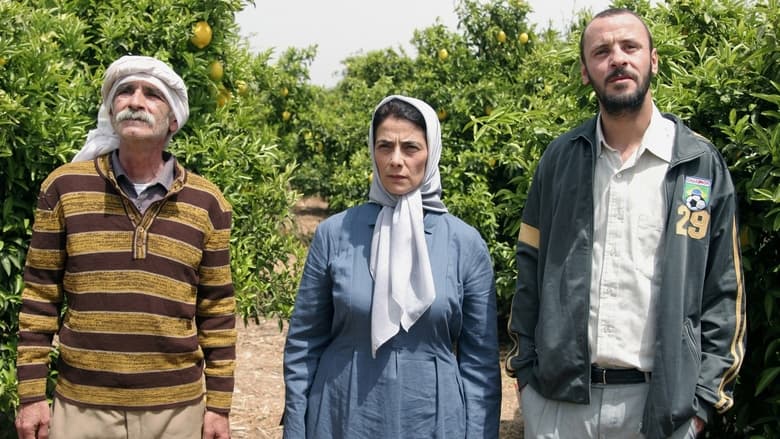
Lemon Tree (2008)
Salma Zidane, a widow, lives simply from her grove of lemon trees in the West Bank's occupied territory. The Israeli defence minister and his wife move next door, forcing the Secret Service to order the trees' removal for security. The stoic Salma seeks assistance from the Palestinian Authority, Israeli army, and a young attorney, Ziad Daud, who takes the case. In this allegory, does David stand a chance against Goliath?
Watch Trailer
Cast


Similar titles
Reviews
Salma Zidane is a widow scrapping by a living from her grove of lemon trees in the West Bank that was inherited from her father. The Israeli Defense Minister Navon and his wife move in next door. The Secret Service wants to cut down the trees but Salma resists. She gets young lawyer Ziad Daud to take the case. Mrs. Navon is sympathetic but the military bureaucracy marches on. It becomes a media cause as the case rises to the Supreme Court.This is an anti-wall movie. The two female leads are very compelling. There are missing scenes that would have propelled this to the next level. The movie is building up to a meeting between the ladies but the security guard stops Mrs. Navon. That would have been a very compelling scene but the movie choose to go another way. There is also a bombing but the movie chooses not to show it. I would rather not have a bombing at all. These two women are great characters and this is an almost great movie.
First of all, Hiam Abbass (The Visitor, Amreeka) once more demonstrates how she can portray reactions to heartbreaking with dignity and resilience. She is a truly amazing actress. Based on an amalgam of true incidents, the Lemon Tree serves from beginning to end as a parable for what we all hope and what most of u (but not all) believe to be the majority of well-meaning human beings on both sides. Personally, they mean no harm; they wish that the violence would go away and that they could live their lives as "good neighbors" in the words of Defense Minister's wife Mira Navon (hauntingly portrayed by Rona Lipaz-Michal). However, the courage to stand up to one's own peoples to cross the borders is rare. Even when summoned, it is squashed quickly by well- meaning people afraid of the consequences. The movie remains true to itself and its characters throughout. There are few callous stereotypes to be found here. Yet, in the words of The Temptation in Ball of Confusion (NOT part of this wonderful soundtrack), "the band plays on." Relentlessly. The story is an almost perfect parable for the heart of the entire situation. As a movie, however, I found 30 minutes of it too repetitive, just underscoring again and again the mindless yet entrenched obstacles. As an even-handed political dissertation, such defenses should earn any PhD candidate her or his "A". As entertainment, however, it hurts the pacing enough that one watching on DVD needs to splash cold water on one's face to make it all the way to the end. Please do so, however, because the ending is magnificent.Worth seeing, just a bit slow in patches.
This film is rich in irony. It presents a microcosm of Israeli-Palestinian relations that go nowhere and lack empathy, but create torment for both sides. The Israeli Defense Minister and his wife (the Navons) move into a large, modern home at the Green Line, the border of the West Bank of the Jordan River to the east. Their neighbor is a middle-aged widow (Salma Zidane) who lives alone in a stone house and tends a lemon grove she inherited from her father from which she ekes a modest income. She is assisted by an elderly man who has worked for the family for 50 years. The defense minister's nervous security chief draws down on the two of them as they walk through the grove and surprise him. They never give each other more than uninterested glances. The defense minister accepts the advice that the grove must be cut down for security purposes.The widow receives notice written in Hebrew from a Hebrew-speaking soldier. She does not speak the language and goes to a town elder to translate, invading the all-male sanctum of a social hall. Although the letter offers the possibility of compensation, the elder warns her that her people do not ask the occupying Israelis for it. Soon the grove is fenced in and posted. When she sees the trees turning brown from lack of water and lemons spoiling on the ground, Salma climbs the fence in the long dress to care for the trees. She panics even the distracted soldier in the watch tower who spends time in the tower listening to tapes with inane sample questions to prepare for a logic test. He speaks Arabic, so they can converse.Salma finds a Palestinian attorney in town in a shabby office to take her appeal of the taking of her grove to Israeli court. His name is Daud and like the David of the Jewish Bible, he agrees to take on the giant. He doesn't ask for a fee. The minister's wife (Mira Navon) observes the widow several times. Their eyes meet, but they never greet. They wouldn't likely be able to speak a common language if they did and learn that they each have a child living in Washington DC whom they call. They are close in age and similar in appearance, tall and slim with long, brown hair. One dresses in pants suits, the other in dark long skirts and head covering in front of men. Mira asks her husband to dissolve the order to rescind the order to cut down the grove. He says he will rely on the decision of the Israeli security service. When the Navons throw a big housewarming party, they serve catered Mideastern food, taking care it is kosher for their politically connected orthodox guests. When they realize the caterer did not include an important item, lemons, they send a couple of soldiers to collect some from the fenced grove. When Salma sees them, she climbs the fence again and physically struggles with the soldiers, falling to the ground and being dragged briefly until the minister orders the soldiers to stop. The minister's wife apologizes in Hebrew, her first spoken words. The party is interrupted by gunshots coming from the grove. Armed soldiers search the widow's house for terrorists and leave its contents in shambles after they don't find anyone. Meanwhile their conflict attracts local, then international, news. The grove owner loses in the military court. She wants to appeal to the Israeli Supreme Court in Jerusalem. In the end the solution is not satisfactory to either side, not an uncommon result in litigation. Could the Israeli defense minister and the grove owner found a way to resolve their concerns in a mutually agreeable way? Probably if they had tried to talk. Both sides were defiant. Will their respective peoples be able to resolve their disputes and live in peace and cooperation for a better life? The film does not give as hope, but shows the need.
"The Lemon Tree" is a picture that deals with a "hot" subject in low-key, human terms, but fails to really connect on a human level. The leads all deliver solid performances but they don't have much to work with. Characters are drawn in subtle sketches, but the sketches fail to hint at anything other than sketches and there is less subtext than the dialogue's minimalism would suggest. The film attempts to draw parallels between the alienated Israeli minister's wife and the alienated Palestinian widow, but both characters are too passive to create any real drama and neither of them really change. The film even goes as far as to avoid showing on screen some of the characters' pivotal moments, which suggests that the writer-director didn't know his characters well enough to show us how they would behave. A film which appears to be about women on the sidelines of a conflict proves itself to be more about women who are on the sidelines of life itself, but it seems to believe it is making a statement about the nature of national conflicts. Politics kept this viewer interested during the film's short running time, but, politics aside, the film is a minor exercise in the display of pretty actresses and Judean landscapes. Pretty actresses and Judean landscapes nearly make this film worth the price of admission but in a year when Israel also produced "Waltz With Bashir," this one should barely register.






